
views
Finding the Date as a Litigant

Ask your lawyer. Your lawyer should keep track of your hearing dates. Generally, at your current hearing you will set the day and time for your next hearing. Sometimes, however, a hearing date will be mailed to you. This happens when you file initial papers in a court case (such as a divorce petition) and need to get an initial court hearing date. Initial court hearing dates are often mailed to the parties. Make sure that the court clerk has your updated and accurate mailing address so that you can receive the notice. As your case gets underway, you can keep track of your upcoming court hearings by writing them down in a journal that you keep specifically for your case.

Ask the other party. If you are in a pinch and need to find the court date because you think it is approaching, then call the other party to the litigation (or her attorney) and ask when the hearing is scheduled. Your opponent will gain no tactical advantage by having you miss the court hearing, so they should tell you. If you miss a hearing, then the judge can technically decide an issue against you. For example, if you are the plaintiff of a lawsuit, then the judge may dismiss your case. Nevertheless, the judge will not look kindly on your opponent if he or she refused to tell you the hearing date. You can explain to the court why you missed the hearing. If you have a good reason, then the judge will allow you to refile the case or vacate any default judgment against you.

Call the court clerk. You can call the court clerk and ask when your hearing is scheduled. The clerk’s phone number should be available in the phone book or by searching online. Have the following information available to give to the clerk: the case number the name of the other party the judge you appear in front of
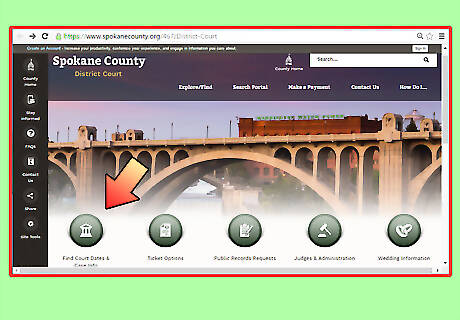
Use an online system. Your court may have an online system that you can use. For example, the District Court in Spokane County, Washington uses an online system that you can search. At the website, you can search for a court date by case number. Click on the “District Court – Case Info & Court Hearings” tab. Then select “Court Dates by Case Number” from the drop-down options. You can also search by party name. Enter the case number or party name and click “Go.” To see if your court has an online system, search “court date lookup” and then the name of the court.
Finding the Date as a Member of the Public

Contact the court. Court hearings are generally open to the public, so you can sit in on a hearing even if you are not a litigant. Call the court clerk and ask how you can find out when a court hearing has been scheduled. The clerk should either tell you the court date or direct you to where you can find it.
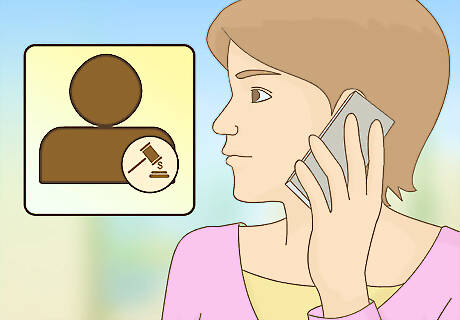
Ask a party to the lawsuit. If you know one of the parties in the lawsuit, then you should call and ask them. Although they may not be willing to share the date, it can’t hurt to ask.
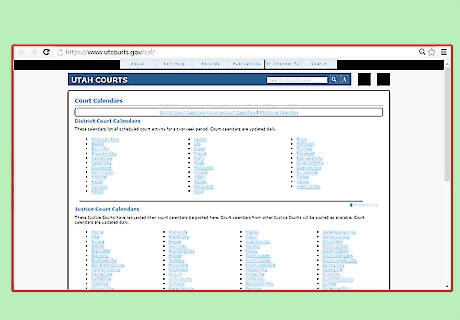
Browse court calendars. Some courts publish their calendars on their website. For example, Utah publishes links to all of their district court calendars at https://www.utcourts.gov/cal/. You can click on a court hyperlink and then browse. The Utah calendars are updated daily. Other calendars may be updated daily or weekly. To find if your state publishes court calendars, you can search the Internet. Type “court calendar” and then your state. You may also check to see if there is a website specific to the individual court.














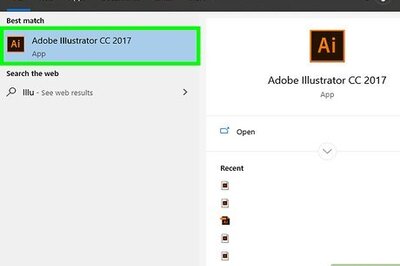



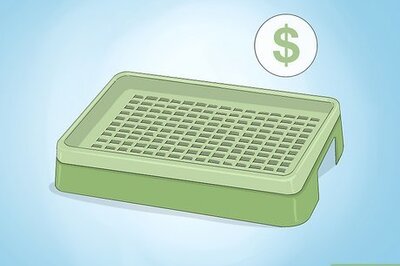
Comments
0 comment